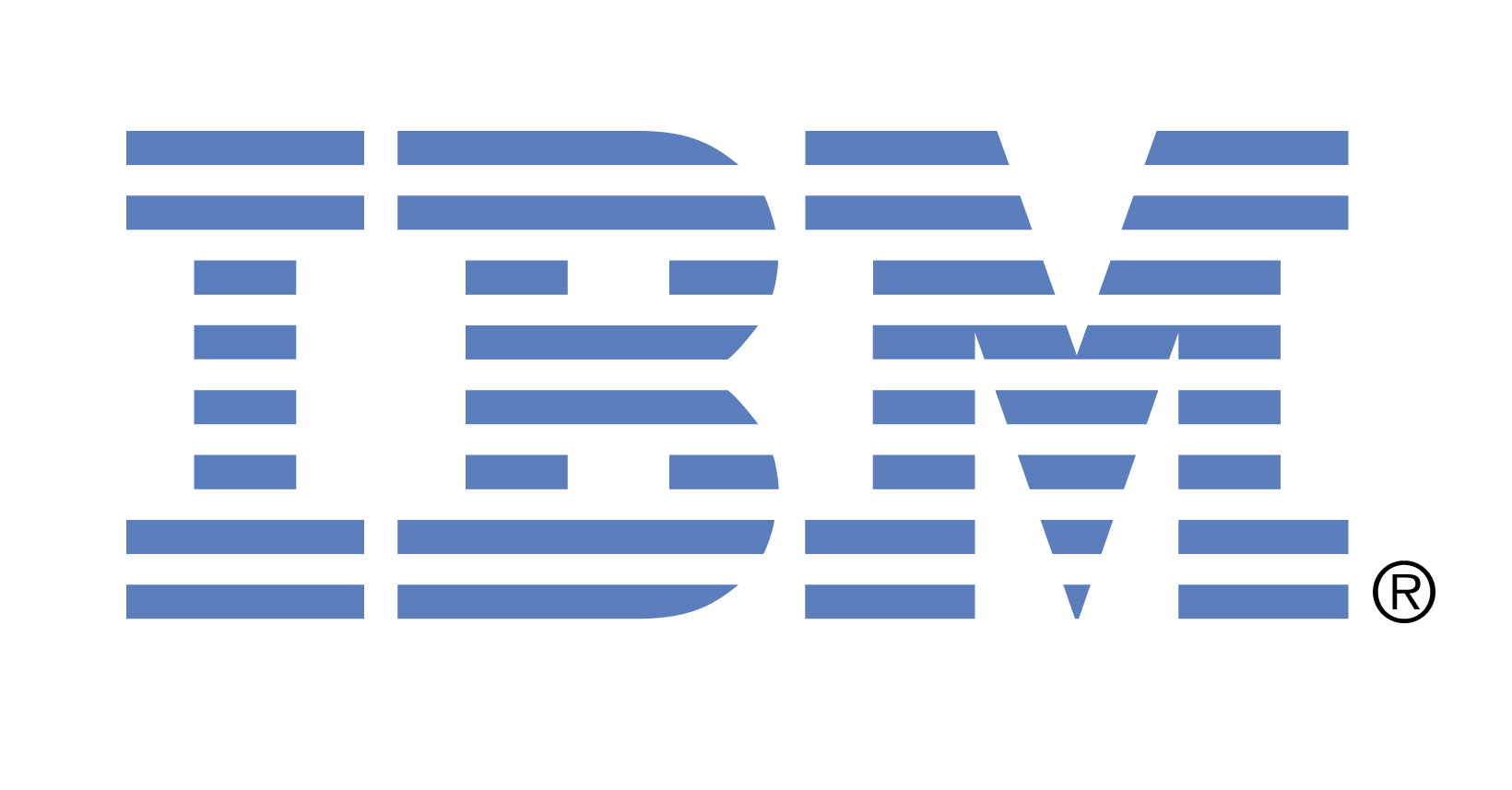What does IBM mean for an open source start-up?


I know it gives employees a warm feeling to know that the VC money is flowing and Big Blue believes in them.
But what should this mean to the EnterpriseDB community? Does IBM's backing for an open source company give you the same feeling, or something queasier?
I know that "back in the day," which is to say the late 20th century, such an embrace would have meant you were buying new suits and becoming part of the IBM borg. Now that reaction is reserved for Microsoft investments. IBM, not so much.
IBM has long gone back-and-forth on how it should treat open source companies. Its partnership initiative, launched in 2004, now makes it a sort of Johnny Appleseed for start-ups, in the words of the woman in charge of it.
So the direct investment in EnterpriseDB takes on new meaning. In that C|Net interview, after all, Deborah Magid wrote "We have invested directly into companies, but we rarely do it."
So IBM's name on this deal looks and sounds important, and there are strategic reasons for it to back a company like EnterpriseDB.
After all, enterprise class open source databases prevent Oracle from rolling-up the industry, and there are now plenty to choose from. Sun's MySQL deal puts that software on the enterprise-class path.
EnterpriseDB, like Ingres, is among the commercial implementations of PostgreSQL. There's already speculation that this is just a way of fighting Sun.
The company seemed to confirm that interpretation with its other announcement, a family of PostgreSQL products. It confirmed its enterprise ambitions with a version of its software for grids.
But in all the common speculation about what this means vis a vis a few big vendors, what would it mean to you if IBM came in, checkbook in hand, and threw a few large your way?